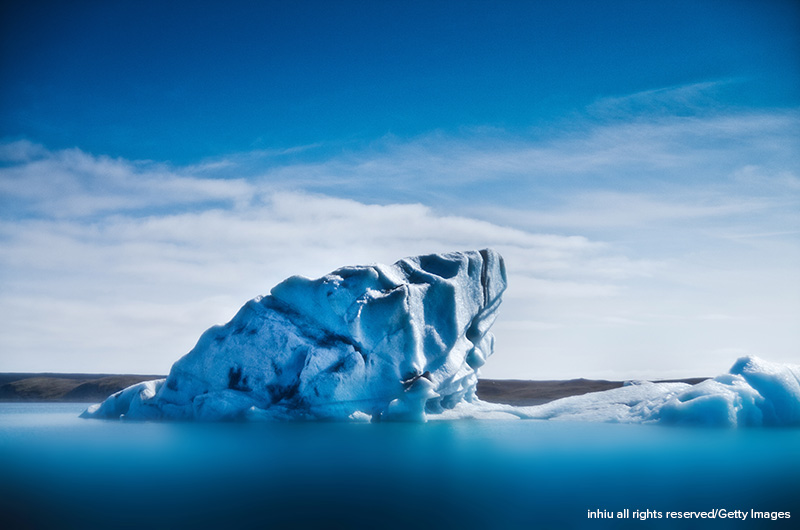
#RickyRenuncia (Ricky Resign)
Be careful what you put in a text message.
That’s a lesson that Puerto Rico Governor Ricardo Rossello learned the hard way earlier this month when nearly 900 pages of sexist, homophobic, profane, and otherwise offensive texts that he exchanged with his top officials were made public. Once the texts (which mocked women, LGBTQ individuals, political rivals, and people who died in Hurricane Maria) were leaked on July 9, the public responded with nearly two weeks of protests, demonstrations, and calls for Rossello to resign–which he did, last week, effective August 2.
The protestors, organized behind the hashtag #RickyRenuncia (Ricky Resign), banged pots and pans, chanted in the streets, and even shut down a major highway. The offensive texts are not the only cause of public outrage against Rossello. He has also been blamed for the island’s ongoing, decade-long economic recession and high unemployment rates, and accused of mismanaging the recovery effort after Hurricane Maria killed an estimated 3,000 people and wiped out much of Puerto Rico’s infrastructure two years ago. Most recently, his administration was also implicated in a scandal in which $15.5 million in government funds was funneled to firms with whom the administration had personal connections.
Rossello should have been replaced by Secretary of State Luis Rivera Marin, but Marin was also implicated in the same text scandal. The next in line to replace Rossello is Justice Secretary Wanda Vazquez, but she has stated that she has no interest in taking the job and would prefer that Rossello appoint a successor before he leaves office on August 2.
What Do You Think? While governor, one of Rossello’s greatest goals was to help Puerto Rico become a state. How do you think these latest events will impact that possibility? Explain.
A Glacial Memorial
You’ve seen monuments to places, people, and significant events. Even so, next month, a new memorial will appear in Iceland that might sound strange to you at first: it’s a plaque dedicated to a lost glacier. The glacier is called Okjokull, and it’s being memorialized because it’s the first of Iceland’s more than 400 glaciers to be lost to climate change.

Okjokull has now shrunk to less than one square kilometer of ice. It has lost its status as a glacier and has become what scientists refer to as “dead ice.” Why does this matter? Unfortunately, it’s an indicator of bigger changes to come. Iceland loses about 11 billion tons of ice per year. In fact, scientists estimate that at this rate, all of Iceland’s glaciers will be lost to climate change by 2200. Glaciers in Asia, Central Europe, Western Canada, and the United States are shrinking at a similar rate as well. Because glaciers are the largest source of fresh water on the planet, their loss will greatly impact human life on earth.
Researchers from Rice University in Houston, Texas, are the ones creating the memorial. They say that the point of the plaque–which begins with the statement, “A letter to the future”–is to remind people of what will happen if climate change and its devastating effects aren’t reversed. The memorial will be dedicated at a public ceremony in Iceland on August 18.
What Do You Think? Do you think creating a memorial to a lost glacier will help people to understand the potentially catastrophic effects of climate change? Why or why not?
It’s a Bird! It’s a Plane! It’s a Hoverboard?
What’s a good way to celebrate the 110th anniversary of the first aerial crossing of the English Channel? Some might settle for cake or a band, but not Franky Zapata. The 40-year-old French inventor decided to commemorate the day by crossing the Channel on one of his own inventions: a jet-powered hoverboard. The board can reach about 500 feet high (though Zapata only climbed about 65 this time) and a speed of over 100 miles per hour, and is steered with a handheld remote control. Zapata planned to complete the trip in about twenty minutes.
Did he make it? Nope. The five small engines on the Flyboard Air hoverboard require kerosene to run. Zapata was carrying half of the necessary amount of fuel–about 104 pounds worth–on his back, but he planned to stop about halfway across the 22-mile long Channel and land on a boat in order to pick up fuel for the second leg of the journey. Unfortunately, the boat hit a wave at the exact wrong moment, and the hoverboard missed by a few centimeters. Zapata fell into the water, but he wasn’t injured and was rescued by French divers. Luckily, the hoverboard suffered only minimal damage.
Despite the fact that Zapata’s journey was unsuccessful, it still gained a lot of attention worldwide: French president Emmanuel Macron even tweeted about it. And the French military has indicated that they would like to continue studying the hoverboard for possible use in combat someday. And as for Zapata? He’s planning a second attempt to cross the channel any day now.
Dig Deeper Who made the first aerial crossing of the English Channel 110 years ago? Why do you think this was such an important accomplishment at the time?
Remember Your Lunch Money–Or Else!
Have you ever forgotten your lunch money? Imagine if your school threatened to put you into foster care if you didn’t pay off your school lunch debt. This sounds like an absurd scenario, but it just happened in a school district in northern Pennsylvania.
Here’s the story. Wyoming Valley West, located three hours north of Philadelphia, is one of the poorest districts in the state. The total amount of lunch money overdue for the entire district totaled about $22,000. The district tried to collect the money by sending letters and emails home, and even making phone calls. But that didn’t work. So in July, district officials sent out letters to dozens of households–ones that owed $10 or more–telling parents that if they didn’t immediately pay what their children owed for school lunches, their children could be taken from them and placed into foster care. According to the letter, failure to provide children with proper nutrition is a form of neglect that could cause the courts to remove children from the home.
Those who defend the decision to send the letter say that it may have been a little strongly-worded, but that parents have a responsibility to repay their debts and to teach their children to do the same. They also point out that the children who owed money were never denied school lunch, and were always fed regardless of their ability to pay. Many local and state officials, however, criticized the letter, saying it was unnecessarily cruel to use the threat of taking children from their homes as a weapon to collect money. Since then, several local philanthropists have come forward, offering to pay off the entire $22,000 debt.
